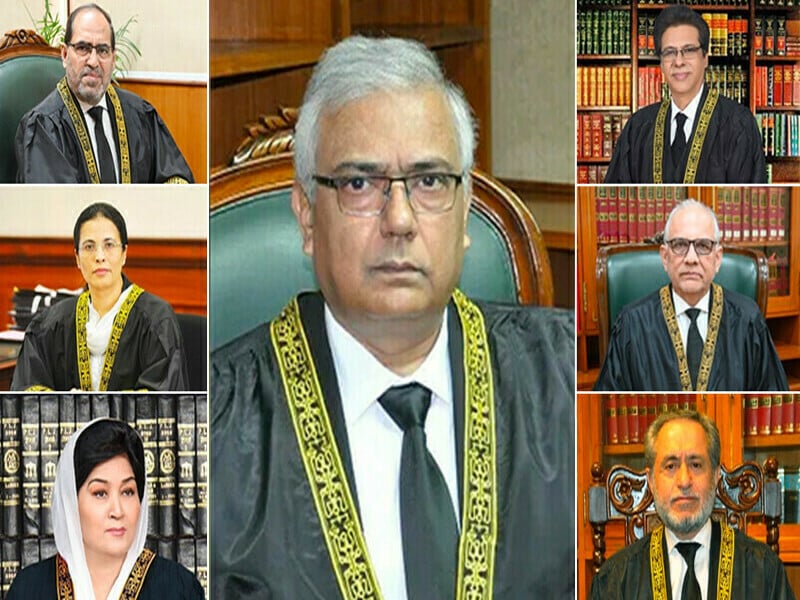
The 26th Amendment may have led to the formation of constitutional benches in the Supreme Court, but they have yet to take any cases that have a major impact on current national politics.
The constitutional bench, led by Justice Aminuddin Khan, sat for three days and mostly heard cases entertained under Article 184(3) of the Constitution during previous chief justices' tenures. However, the bench did not question how jurisdiction was invoked in matters related to bad governance and alleged corruption by previous CJPs, especially Iftikhar Muhammad Chaudhry and Mian Saqib Nisar.
The court awarded fines in some frivolous matters, but the larger bench is yet to issue judgments. Interestingly, the seven-member larger bench is hearing appeals against registrar objections on constitutional petitions. Usually, a single judge hears such appeals in his chamber.
This leaves one lawyer wondering why appeals in chambers are being listed before the larger bench. Cases start being heard at 9.30am, and the bench concluded proceedings before the break in two days. Court observers have also noted that the workings of routine benches were disturbed by the activity on constitutional benches over the last week. Likewise, no three-judge bench is available in the week's first two days.
A three-judge bench, led by Justice Jamal Khan Mandokhail, was hearing criminal appeals/ jail petitions. However, these matters are not listed as the judges sitting on this bench are unavailable.
It has been learned that the court roster has been revised and judges who are part of the constitutional bench will hear routine cases from Wednesday onwards. A debate has started on whether it will be possible to execute the case management plan after the working of the constitutional bench.
If the number of pending cases does not reduce, pressure will mount to appoint new SC judges.
The constitutional bench has yet to fix petitions against the 26th Constitutional Amendment and the military courts case. The real test for the constitutional bench will be how it adjudicates constitutional petitions against the 26th Amendment. The constitutional bench is also yet to fix hearings for petitions on enforced disappearances.
Advocate Abdul Moiz Jaferii says the constitutional bench has done the exact opposite of what lawyers were told it was created for through the amendment. "It has increased the judicial backlog instead of decreasing it. It has added to the frustrations of the common litigant," he says.
"I fail to understand why this constitutional bench had to supersede the regular roster and why it couldn't just sit after noon and resolve special cases after the regular board?" he wonders.
"I can't think of it as anything but a power play by the constitutional bench here, a form of one-upping the chief justice who had made a balanced roster", he adds.
Jaferii also fails to see how this can continue. "It is unsustainable, judicially and practically. It is wildly unpopular among all lawyers, except those within a particular political group."
He asserts that "something must give".
"Once this bench is done with wasting their day hearing cases about the appointment of government servants who have now retired and petitioners who are now dead, I look forward to them taking on some challenges of actual importance", he quips.
Advocate Rida Hosain says that the 26th Amendment has created a situation through which there is a court within a court. "There are two separate cause lists. The head of the constitutional bench is running his separate court within the Supreme Court itself, while the chief justice is left to focus on matters such as jail reforms," she adds.
Rida Hosain further states that the government's claims of addressing the backlog of cases through the 26th Amendment come to nothing as scores of ordinary matters had to be delisted for the constitutional bench to function.
"This was never about addressing pendency. It was about creating a government-sanctioned bench with government-approved judges to hear constitutional matters."
She points out there are several challenges to the 26th Amendment currently pending. "If the challenges to the amendment are accepted, it will mean that litigants have been subjected to a process that has eventually been declared unconstitutional."
She says a process inconsistent with judicial independence will have been implemented and enforced. "It is crucial for the 26th Amendment challenges to be determined before the constitutional bench proceeds further", she concludes.
Also, former MNA Chaudhry Fawad Hussain says that the whole idea of a constitutional bench is absurd in its creation, composition, and jurisdiction. He adds that it goes against the principles of judicial Independence.
"The judges nominated to the constitutional bench have not shown any interest in important matters such as the legality of military courts. "It has actually hushed up all important cases, he asserts.
It is worth mentioning that more than a dozen PTI petitions are pending in the SC. It will be interesting to see how the constitutional bench will deal with these matters as the party is currently at the wrong end of the stick, as far as the executive is concerned.




1731975305-0/Untitled-design-(40)1731975305-0-165x106.webp)
1731975060-0/Untitled-design-(39)1731975060-0-165x106.webp)

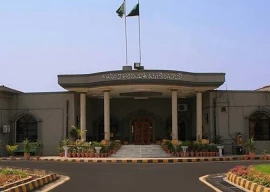

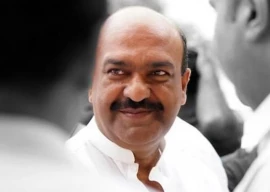
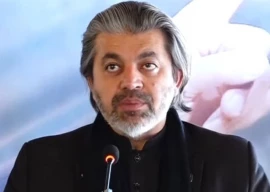
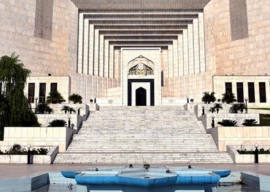






COMMENTS
Comments are moderated and generally will be posted if they are on-topic and not abusive.
For more information, please see our Comments FAQ